Leonard Koren once said ‘Pare down to the essence, but don't remove the poetry.’ When we look at Qiang Huang’s handicraft design, we could easily see an echo of Leonard’s philosophy. His design always pares down the unnecessary decorations and unveils the beautiful nature of the wood. Huang himself is a low-profile artist who leads a simple but spiritually rich lifestyle, which reflects in his designs.
When we met Huang in his studio at Shenzhen this October, he told us how he got started with his career. Born and raised in Shenzhen, Huang spent his university years in Shanghai and was attracted by its artistic environment. After graduation, Huang worked as a commercial photographer in real estate for a while before he became fed up with the over-commercialised industry and longed for freedom. So he made a brave decision, as what he called as “formatting his life”: quit his job, changed his number, said goodbye to the past and started a simple life as a craftsman.
The reason why Huang picked wood as the creative medium was almost intuitive because he felt affiliated with the inartificial and nature. Wood to him has a life, it grows from nature and interacts with human beings. Huang would spend much time researching and experimenting with the material. He studied its textures, colours, smells and how they can best implemented for different utensils in various environment and most importantly, how to craft them into products for daily use and work of art in the same time.
We could easily neglect the utensils we use in daily life because they are ubiquitous. However, they constitute our environment, influencing our moods and shaping our aesthetics. For Huang, machine-made things are distant and uninspired. He hates identical products made by steam-lined factories. As he said, a good handicraft should be crafted with affection and warmth and gives users the feeling of warmth, comfort and well-being.
Huang chisels, polishes, and applies oil for every item by hand. A human touch distinctly goes into every piece he made. They are austere in style but functional and nothing like the superficial “fashion”; They are unique and delicate - every detail seems to tell a story. Inspired by Ai Weiwei’s Sunflower Seeds project, Huang started a project called “the Hundred Wood Spoons”. In the project, he makes a hundred handmade wood spoons by hand, as a medium for his longtime suppressed emotions. He put a great deal of heart into crafting every piece of wood to its “purest form”, even for some malformed material. He wants to keep those interesting “faulty” characteristics instead of transforming them. To him, “life is as it is”; every piece of wood has its own contour, and as an inscriber, the best thing to do is to unveil it instead of changing it.
Looking back, he recalled watching his parents cutting down the tree, drying it for carpentry when he was little. Even though he did not get the chance to get in touch with woodworking at that time, he learnt to cherish the wood and worship the gift of nature. After discovering himself as a craftsman, he struggled for a while but finally, the attraction of art and the freedom of life drove him to overcome all the difficulties. Though doing handicraft is a lonely business, Huang enjoys being with himself in his own little world. He feels lucky living in Shenzhen, an open, diverse and modern city, where he could just be himself and observe different lifestyles as his inspirations. Huang also feels lucky living in this era when more and more people start to pay attention to the quality and aesthetics of life. Speaking of “dreams”, he has always longed for a place designed by himself, where people could rest and appreciate the handicrafts. With a sparkle in his eyes, he began telling us that he wanted to try everything he likes, such as poetry, because of all beauty, at its core, is interlinked.
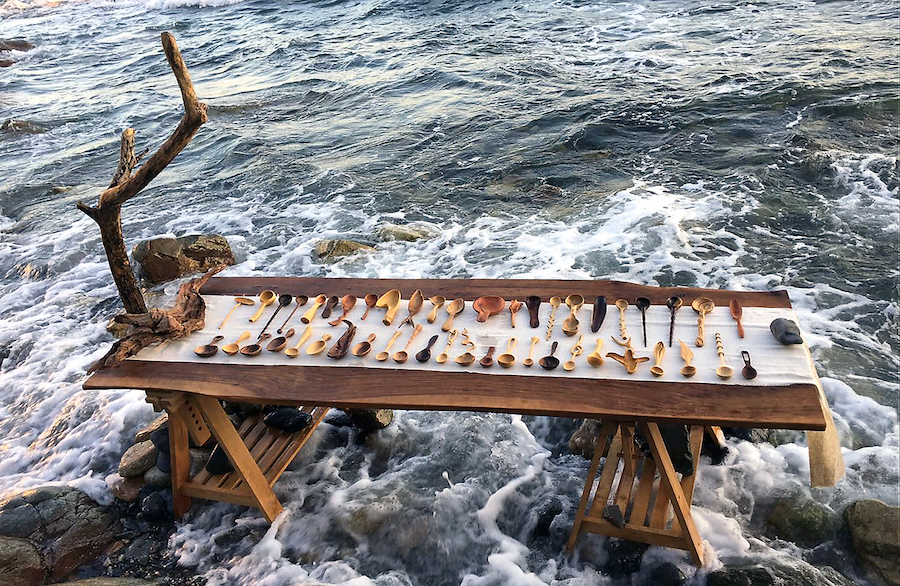
Original text by Jenny ZHOU
Translation and edit by LIU Chang, Shirley CHEN
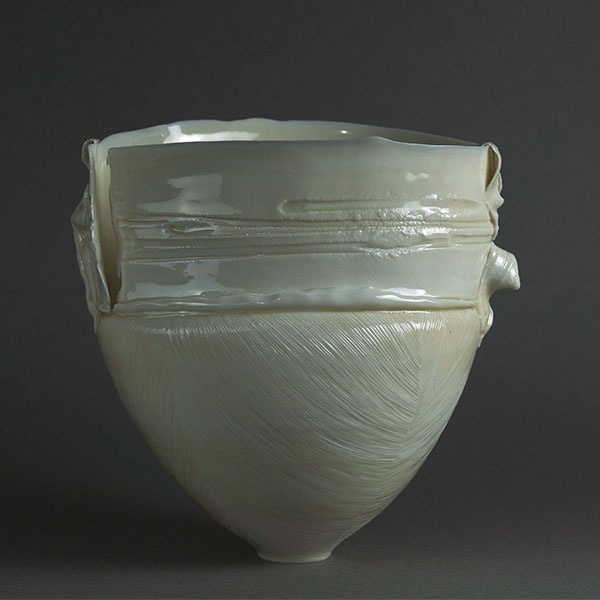
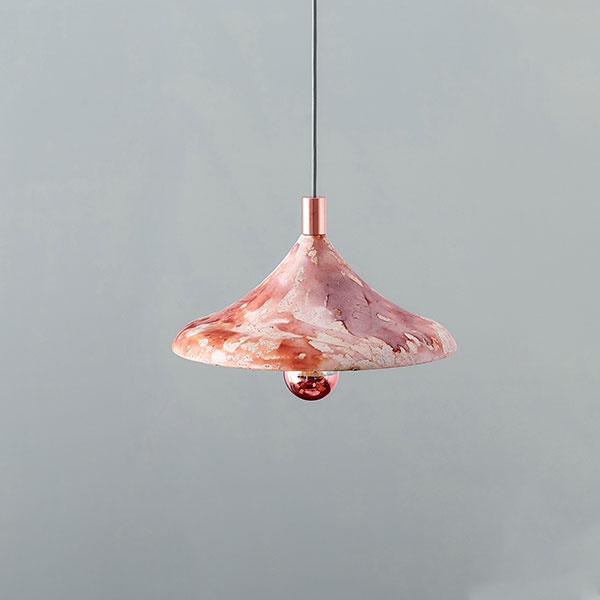
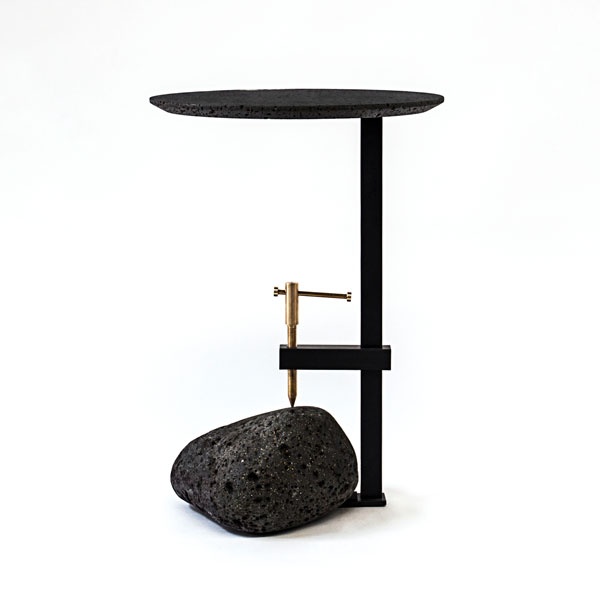
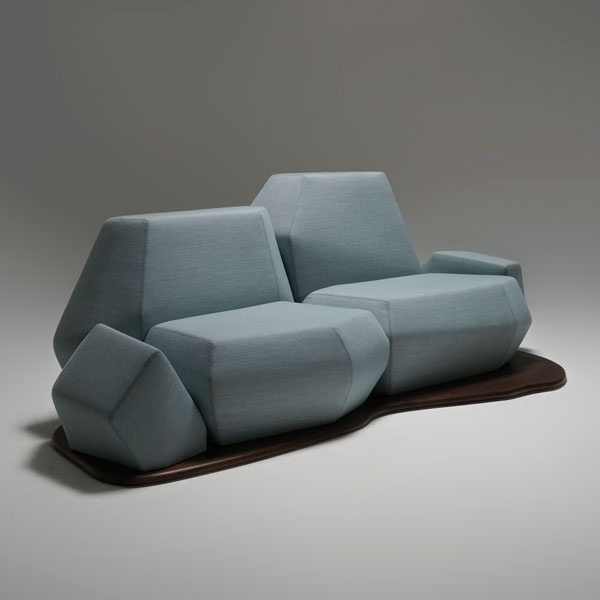

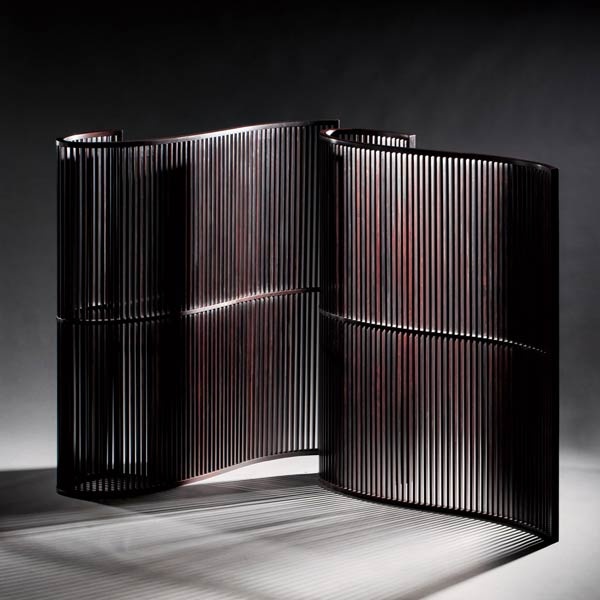
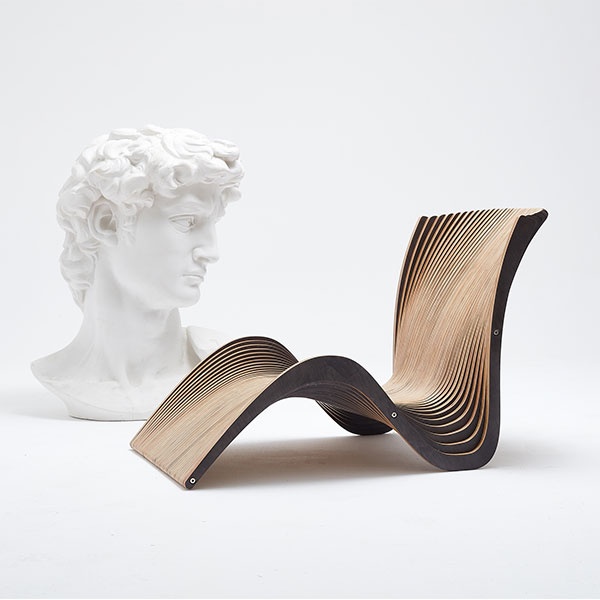
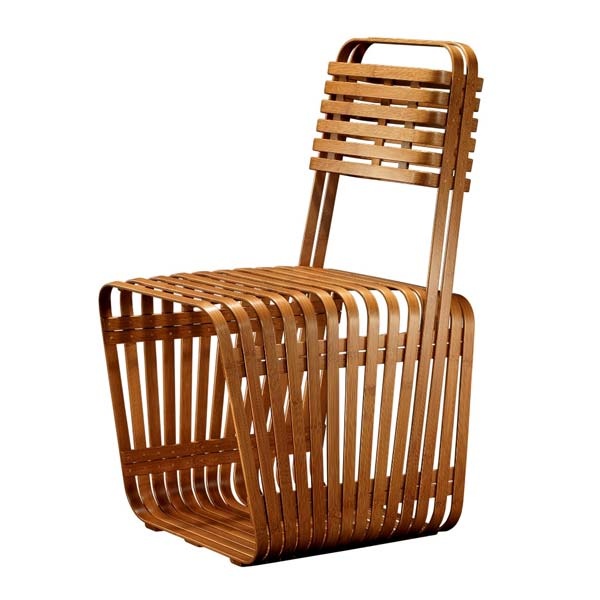

1 / 31
show thumbnailsnext picture previous picture start slideshow close lightbox